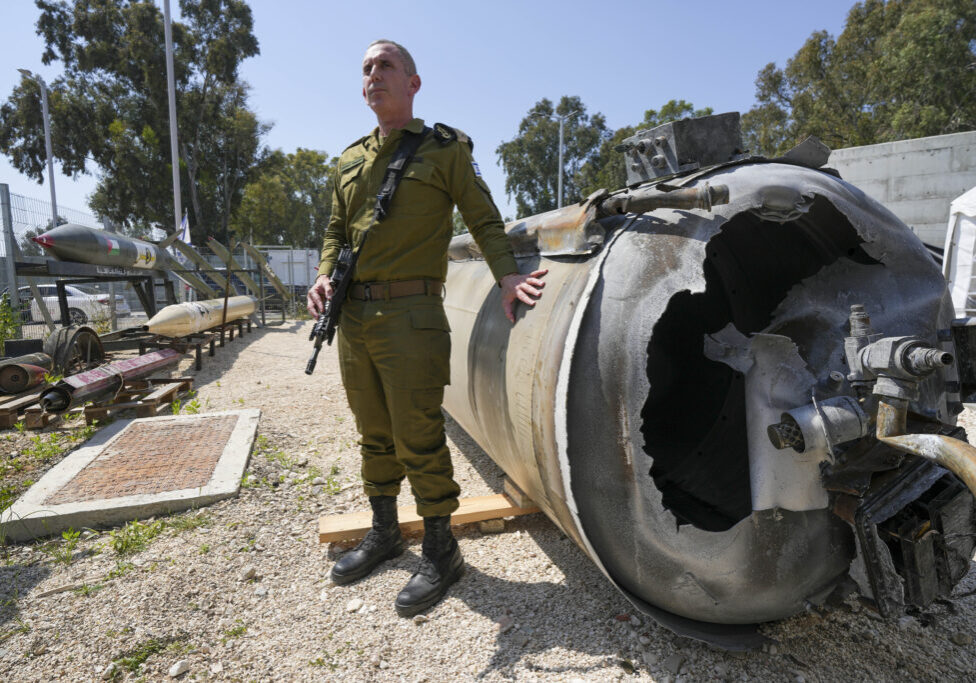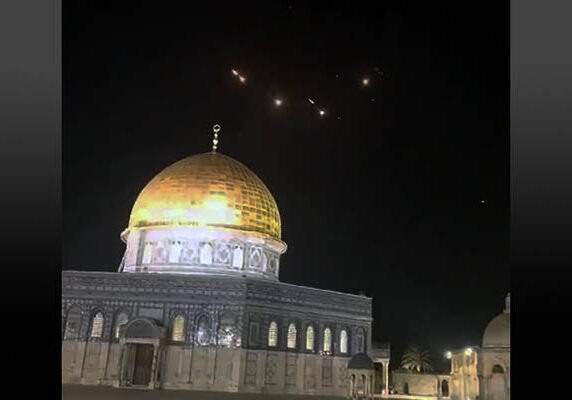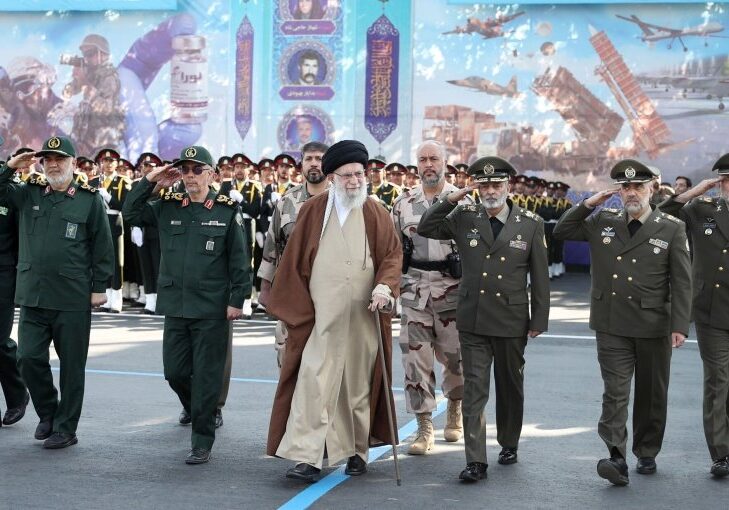Australia/Israel Review
Turning Green Again in Iran
Feb 28, 2011 | Omid Memarian & Roja Heydarpour
By Omid Memarian and Roja Heydarpour
A man in Teheran climbed a crane about five stories tall on Feb. 14, waved pictures and symbols of Iran’s Green Movement, and threatened to jump to his death. But police managed to arrest him before he became a martyr, like the man who set himself ablaze earlier this year, sparking Tunisia’s revolution.
The Iranian was one of tens of thousands who poured into the streets of Teheran and other cities across the country, reinvigorated by the revolutions in Egypt and Tunisia. But unlike Egypt and Tunisia, this was Round 3 for Iran’s protesters, whom authorities thought they had silenced through intense intimidation campaigns since the first outpouring in June 2009, after the allegedly fraudulent election of President Mahmoud Ahmadinejad.
In January alone, more than 70 Iranians were hanged on various charges. In the last two weeks, dozens of opposition leaders have either been arrested or become targets of monitoring, according to Human Rights Watch. Opposition leaders Mir-Hossein Mousavi and Mehdi Karroubi were placed under house arrest.
But the protesters still came out, along with the militias and riot police. And while demonstrators wised up and tried new tactics, including a Facebook page that gained more than 60,000 fans in just over a week, riot police changed their ways too, this time disguising themselves as young protesters.
“The Basijis [militia] were unrecognisable,” a journalist told us on the condition of anonymity. “They went among the people and all of a sudden they would take someone by the hand and pull him on the ground. Unlike the last times, when they sported beards, they had styled hair and wore stylish clothes. I myself was hit with batons several times.”
Electric batons, wooden bats, tear gas, and paintball bullets were all weapons of choice. The moment people stopped marching and a formed a group, riot police came out, according to eyewitness accounts.
At first, information was particularly hard to get during these protests, the largest since December 2009. People from inside and outside the country frantically sent messages and tidbits of news through Twitter and Facebook, but at times it was difficult to discern what was true and what wasn’t.
Slogans emerged as the best timestamp for videos leaking onto the Internet. Among the more popular: “Na Ghaza, na Lobnan; Tunis o Misr o Iran!” (“Not Gaza, not Lebanon; Tunisia and Egypt and Iran!”) There was also: “Mubarak, Ben Ali, Nobateh Seyyed Ali” (“Mubarak, Ben Ali, now it’s Seyyed Ali [Khamenei’s] turn”). And as always, there were strong chants of “Death to the Dictator!”
Iran’s semi-official news agency Fars confirmed at least one death Monday and called demonstrators “hypocrites, monarchists, ruffians, and seditionists,” blaming the West.
From Washington, Hillary Clinton condemned the violence. “We wish the opposition and the brave people in the streets across cities in Iran the same opportunity that they saw their Egyptian counterparts seize in the last week,” she said.
Although the United States’ condemnation is important, the sour relations between the two countries make the protesters’ struggles more difficult, said Karim Sadjadpour of the Carnegie Endowment, a Washington-based think tank.
“American-backed autocracies, like Mubarak’s Egypt, are more vulnerable than anti-American dictatorships like Iran, for they are subject to the scrutiny of American politics and public opinion,” said Sadjadpour. “Iran can slaughter its people without worrying that China or Russia is going to hold it accountable or withhold aid money.”
And there are no live streams over the square, as there was in Egypt, making sure the world is watching.
“Unlike Egypt, the international media is not able to report on such protests, so once people go to the streets, they turn off the lights and start beating and harassing people,” one protester told us.
Aside from the imprisonment of its leaders and the isolation from the world, the Green Movement suffers from a lack of direction, said Sadjadpour. The Egyptians had a very clear demand: They wanted Mubarak out. In Iran, there is still some confusion about whether there should be another revolution or reform within the existing Islamic Republic.
“I don’t think a critical mass of people is going to take to the streets and risk their lives for ambiguous ends,” said Sadjadpour.
Still, the extent of recent protests came as a bit of surprise. The fear that the regime has injected into society seemed to be enough to nearly silence the opposition for over a year. But as people poured into the streets of Bahrain and Yemen, also inspired by Tunisia and Egypt, the Iranian youth seemed to have been invigorated as well.
“The post-election crackdown on Iranians was so large-scale, the regime repeatedly emphasised with self-confidence that the streets of Teheran and other cities would never see another public protest,” said an analyst who worked with former President Mohammad Khatami’s office, speaking on condition of anonymity. “But it now appears that the Iranian regime’s thinking about the end of street protests and the Green Movement’s death were overly optimistic.”
Omid Memarian is a columnist whose writing has appeared in the New York Times, the Los Angeles Times, the San Francisco Chronicle and other publications. Roja Heydarpour is an editor at the Daily Beast. She has reported for the New York Times and the Times-Tribune. © Daily Beast, reprinted by permission, all rights reserved.
Tags: Iran






